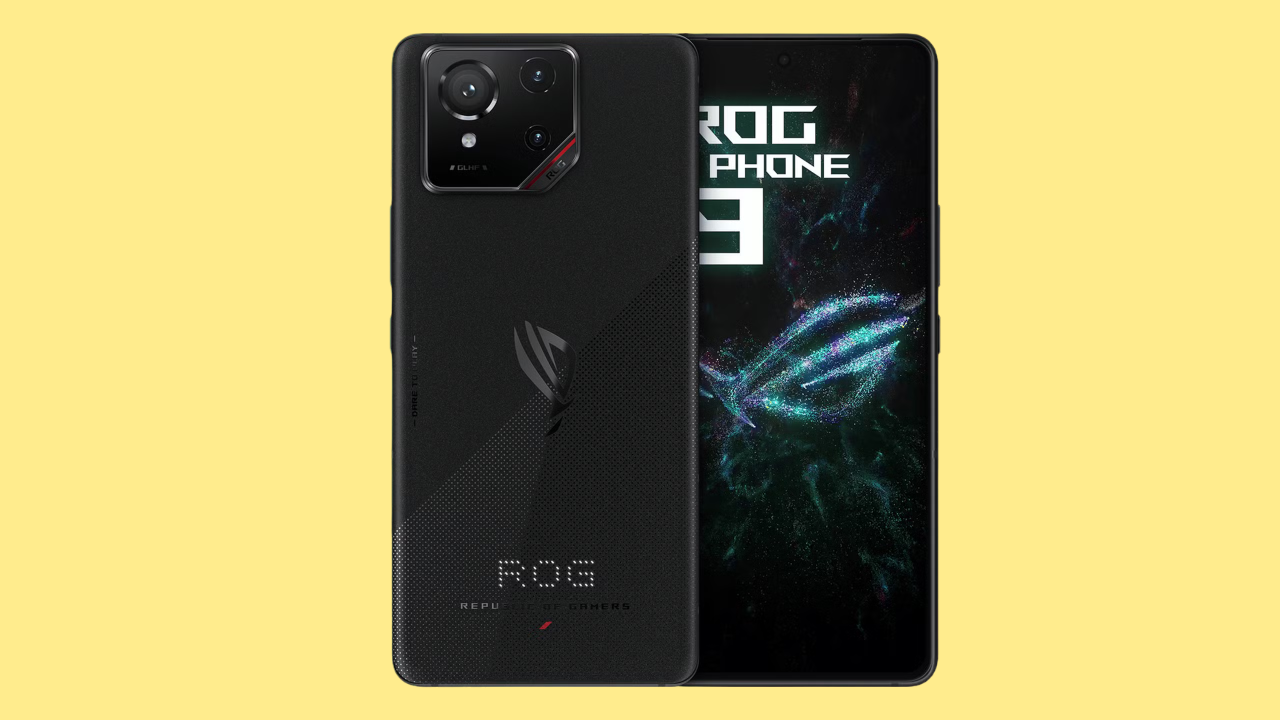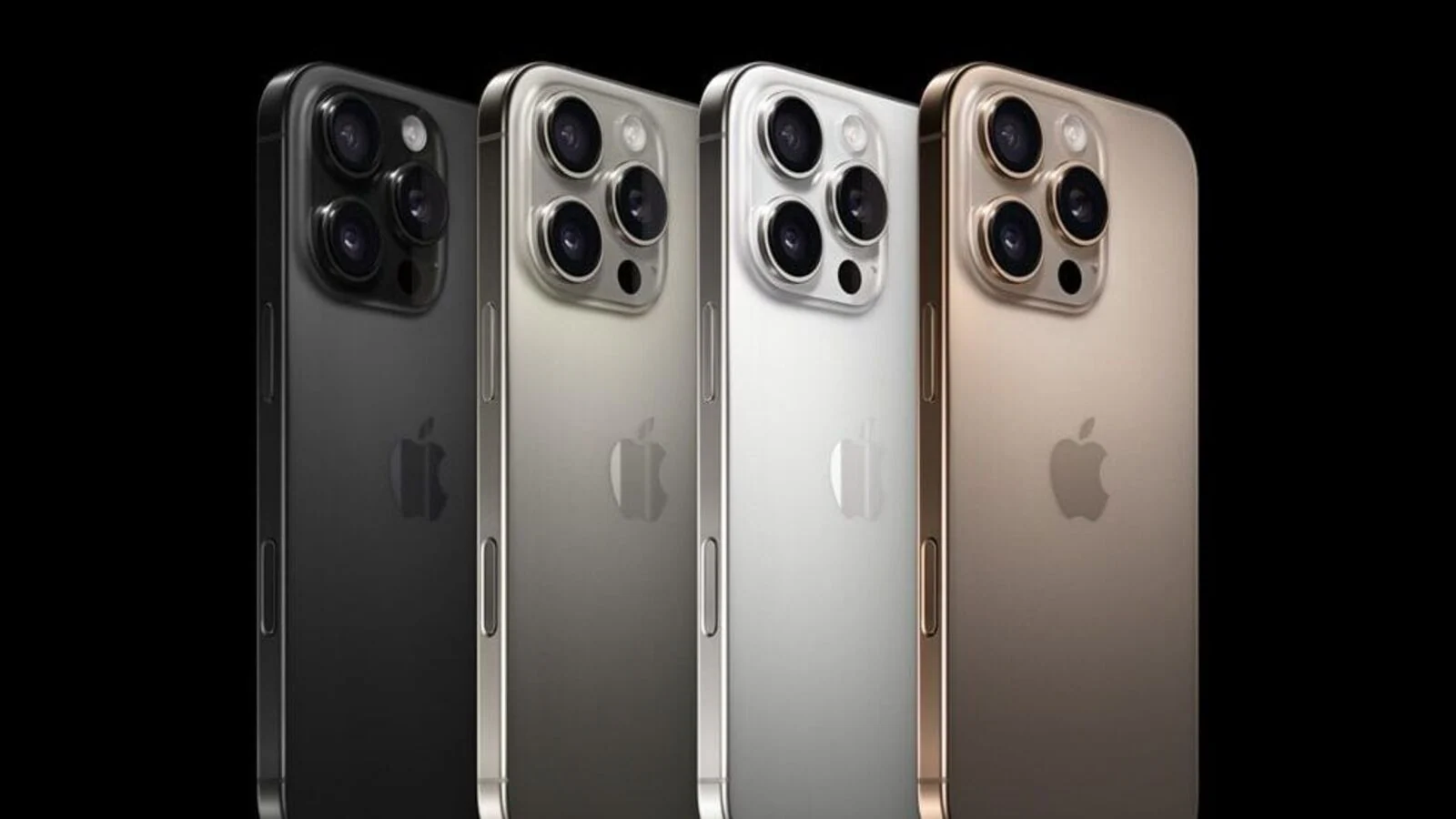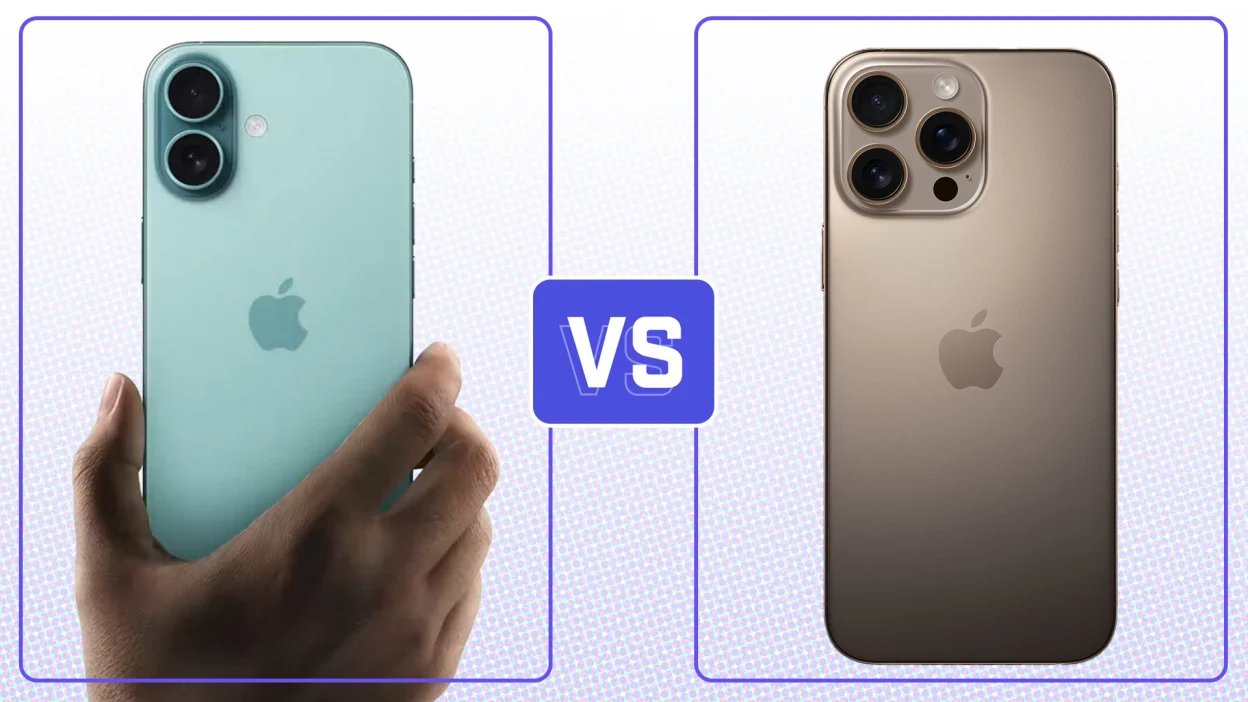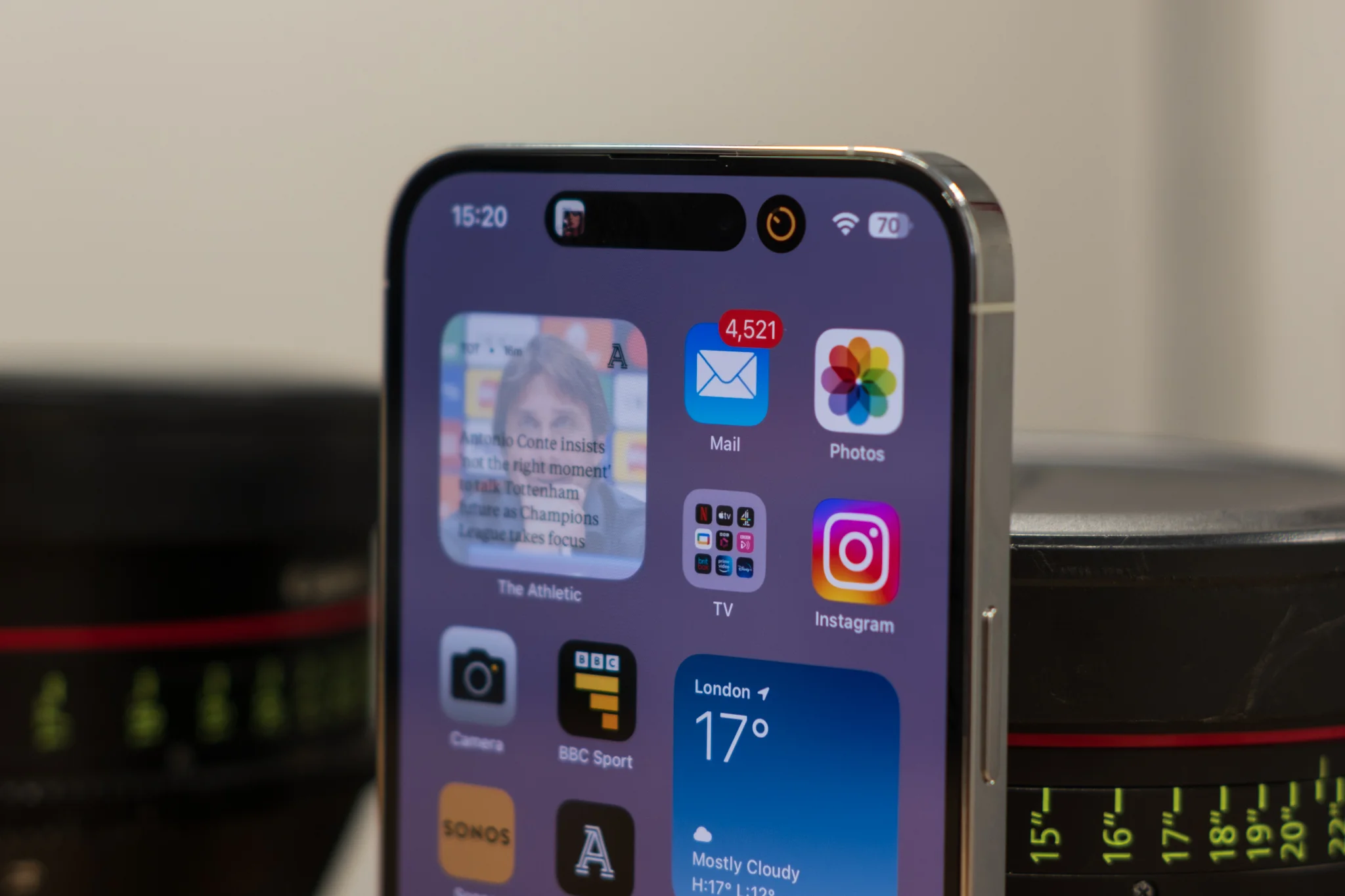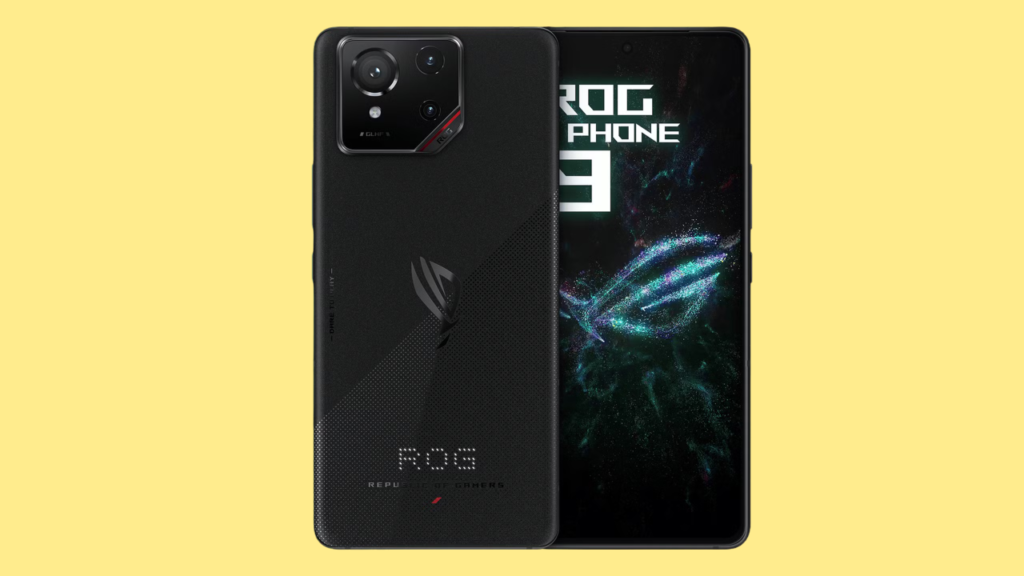
ASUS ROG Phone 9 Pro vs. ASUS ROG Phone 5: A Closer Look at Aspect Ratio and Gaming Performance
I’ll be honest – when I first saw the ASUS ROG Phone 9 Pro, I was struck by the ambitious design, especially when compared to the still-respected ROG Phone 5. Over the years, I’ve witnessed the evolution of ASUS’s ROG (Republic of Gamers) phones from close quarters, watching each model ramp up features to support demanding mobile games. There’s a lot to consider here, and whether you’re a casual player or someone who eats, breathes, and sleeps gaming, these two devices are an intriguing comparison.
The ROG Phone 5 was an industry standard when it was launched, especially due to its powerful Snapdragon 888 processor. It set a benchmark that’s hard to beat. But now, with the ROG Phone 9 Pro, ASUS seems to be aiming for unprecedented levels of gaming performance. Let’s explore how these two gaming behemoths stack up in critical areas like aspect ratio, overall performance, and gaming comfort. While specs can often speak for themselves, I’ve thrown in my personal experiences to guide you through what it feels like to actually game on these devices.
The world of gaming phones is evolving rapidly, and if you’ve ever had a long gaming session, you’ll know how essential a good display and seamless performance are. It’s not just about technical specs; it’s about an experience that flows. That’s why, with both phones in hand, I’m excited to dive deep into each feature that makes these ASUS ROG phones stand out, or perhaps, fall short.
Aspect Ratio and Display Quality
Display Differences Between ROG 9 Pro and ROG 5
When it comes to gaming, I can’t emphasize enough how essential the display quality is. The ASUS ROG Phone 5 came with a 6.78-inch FHD+ display with a 20.4:9 aspect ratio. This aspect ratio, while immersive, is somewhat standard now. However, when the ROG Phone 9 Pro debuted, I noticed the slight tweak in the aspect ratio that brought it closer to a 20:9 ratio. The subtle change results in a more streamlined design that feels just right in the hand, making it easy to hold during intense gaming sessions.
Gaming Comfort with the New Aspect Ratio
Playing games on the ROG Phone 9 Pro feels different from the ROG 5 because of this small aspect ratio shift. The slightly more compact frame allows better grip control, making a real difference in long gaming sessions where fatigue can set in. The ROG 9 Pro’s 165Hz refresh rate is another big win. Sure, the ROG 5 had a 144Hz refresh rate, but when you game on the ROG 9 Pro’s screen, you notice that extra fluidity. I’ve spent hours playing racing games, where these high refresh rates keep the game’s visuals crisp and responsive. That enhanced smoothness on the ROG 9 Pro can keep you immersed without a hint of lag or stutter.
Color and Contrast Improvements
Another reason I prefer the display on the ROG 9 Pro is the slightly better color accuracy and contrast ratio. ASUS fine-tuned it, giving vibrant visuals and more depth in darker scenes. Picture this: I was playing a survival game with heavily shadowed areas, and the difference between the two screens was noticeable. Dark scenes were clearer on the ROG 9 Pro, and I could see details that seemed somewhat washed out on the ROG 5. This, for me, adds a lot to the gaming experience.
Performance: Processor, RAM, and Cooling Systems
Power Under the Hood: Snapdragon 8 Gen 2 vs. Snapdragon 888
The performance gap between the ASUS ROG Phone 9 Pro and the ASUS ROG Phone 5 is unmistakable. Powered by the latest Snapdragon 8 Gen 2, the ROG Phone 9 Pro easily outshines the ROG 5’s Snapdragon 888. The Gen 2 processor is not just about speed but efficiency. It handles graphics-heavy games with ease, and I noticed less battery drain even during long sessions. With the ROG 5, I’d sometimes experience heating during intense gameplay, but the ROG 9 Pro stays cooler thanks to the enhanced cooling system. I’ve played back-to-back rounds in competitive games, and while the ROG 5 occasionally struggled, the 9 Pro didn’t miss a beat.
RAM and Multitasking Efficiency
Both phones offer substantial RAM, with options going up to 16GB, but the ROG Phone 9 Pro uses LPDDR5X RAM, which is not only faster but better suited for multitasking. This made a significant difference when I was switching between a heavy-duty game and other applications. With the ROG 5, some apps would occasionally lag or even close during a sudden app switch, but on the ROG 9 Pro, it’s smooth sailing. For a multitasker like me, this upgrade adds to the appeal.
Effective Cooling System
If you’ve ever felt your phone heating up mid-game, you’ll appreciate the cooling innovations in the ROG 9 Pro. ASUS added an updated cooling mechanism that includes a new vapor chamber design. I tested this by running graphically intense games on both devices for over an hour. The ROG Phone 5 was definitely warm by the end, but the ROG 9 Pro’s cooling system kept the temperature in check. This keeps performance consistent, as overheating often results in performance dips. It’s a game-changer (literally) for any serious gamer.
Battery Life and Charging Capabilities
Endurance for Long Gaming Sessions
Both phones boast robust battery capacities – 6000mAh – which sounds massive, but it’s the optimization that counts. I found that the ROG 9 Pro’s battery optimization, thanks to the efficient Gen 2 processor, truly enhances battery life. On a day when I played nonstop for hours on both devices, the ROG Phone 5 drained a bit faster. This isn’t a deal-breaker for the ROG 5, but the ROG 9 Pro is definitely more reliable for marathon gaming sessions.
Fast Charging and Bypass Charging for Both Models
ASUS’s bypass charging feature is a lifesaver. Both the ROG 5 and 9 Pro support it, which allows me to plug in without damaging battery health. It also reduces heat buildup while gaming. I’d say if you often game while charging, this feature alone justifies getting either model. However, with the faster-charging tech in the 9 Pro, you get a quicker boost when you need it most.
Audio and Vibration Feedback
Enhanced Stereo Speakers on ROG 9 Pro
Both the ROG 5 and ROG 9 Pro come with front-facing stereo speakers, but the ROG 9 Pro takes it a notch up with improved sound clarity. Whether I’m listening to in-game footsteps or environmental sounds, the ROG 9 Pro creates a more immersive experience. Sound design might seem trivial, but for gamers, it’s a great touch, especially in FPS games where directionality matters.
Advanced Haptic Feedback on ROG 9 Pro
The haptics on the ROG 9 Pro feel much more refined. In action games, the vibrations feel realistic, whereas the ROG 5 sometimes felt too abrupt. The smoother feedback on the ROG 9 Pro enhances the immersive feel, especially during action-heavy moments. For anyone serious about gaming, this sensory upgrade makes a noticeable difference.
Software Features for Gamers
Game Genie Mode for Both Phones
Both phones come with the Game Genie mode, allowing customization like toggling notifications off and tracking FPS rates. The ROG 9 Pro adds a few new tricks, such as expanded network customization and RAM boosting options. I can quickly tweak settings, which enhances gameplay.
Final Thoughts: Is the ASUS ROG Phone 9 Pro Worth the Upgrade?
To wrap it up, the ASUS ROG Phone 9 Pro has taken gaming up a notch. The changes in the aspect ratio, improved performance, and battery life optimizations really make it an upgrade over the ROG 5. If you’re a hardcore gamer, I’d say the ROG 9 Pro is worth the investment. The enhanced cooling, RAM speed, and refined design keep gaming comfortable and seamless.
However, the ROG 5 still stands as a powerful device, especially if you don’t need the absolute top-of-the-line performance. It’s still robust, reliable, and offers great value. If you’re someone

